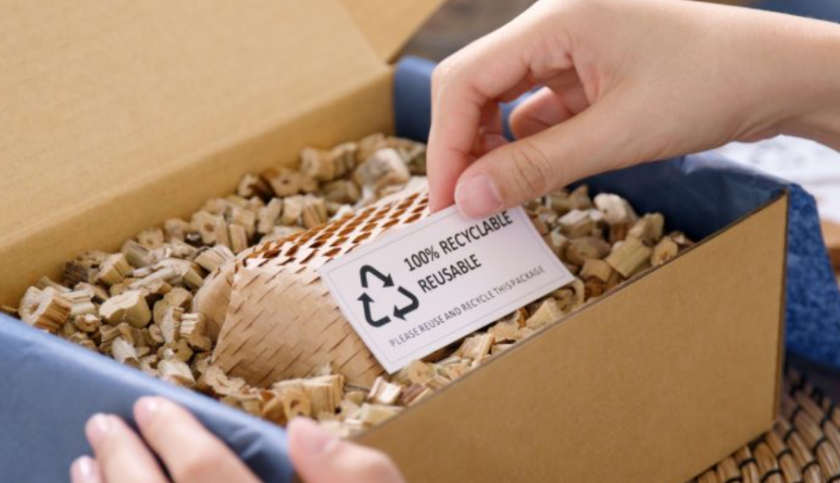Researchers at Cornell University’s Department of Fiber Science and Apparel Design have created a new machine that deconstructs woven or knit fabric so that old apparel can find new life outside of a landfill.
Tasha Lewis, Ph.D., and Anil Netravali, Ph.D, said their creation, which they dubbed the “Fiberizer,” can help create a “closed-loop system” to turn post-consumer textile waste into products like material for car interiors, insulation, stuffing and lampshades.
Keeping clothes out of landfills, one fiber at a time. @bretjaspers captures the Fiberizer at work at @CornellCHE. pic.twitter.com/Be58bwpiqW
— Daryl Lovell (@DarylLovell) February 5, 2016
Lewis and Netravali secured funding from the EPA for the first version of the Fiberizer, and then from the Walmart Foundation’s U.S. Manufacturing Innovation Fund and the Eileen Fisher’s Renew program. Currently, research revolves around “designing apparel with disassembly in mind,” Lewis told WWD.
“If we scale this up, can it be a form of manufacturing?” Lewis, whose body of work primarily focuses on the “disruptive impact of technology in the apparel industry,” as well as global production issues, said. “We have to think about using [used] textiles to make new products such as home goods [and] accessories. And not necessarily apparel, but also remaining where else we can make textiles a part of our life.”
Sustainable apparel has become one of the biggest themes in the modern apparel marketplace. Nike recently introduced its “Move to Zero” campaign to eliminate waste, and companies like Alternative Apparel are moving away from virgin polyester in favor of recycled material.
It’s always good when companies can limit waste and create products from post-consumer materials. If researchers like those at Cornell can find new ways to do that, it’s a win for more than just apparel companies. This has implications in the home goods and accessories sector, as Lewis explained to WWD.


